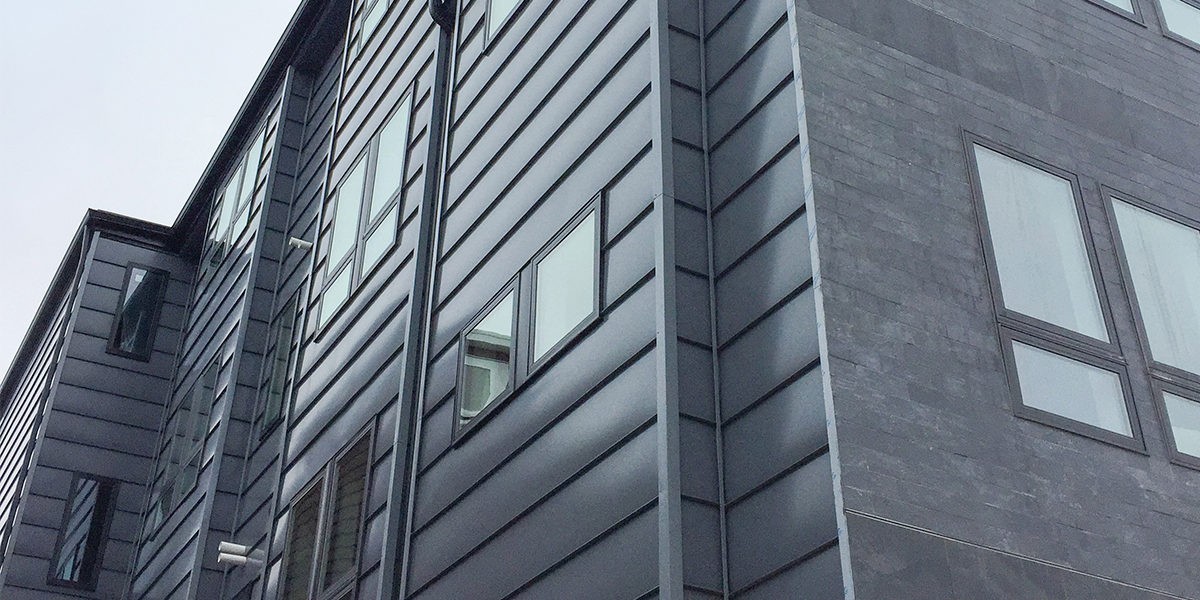Metal wall panels have become one of the most sought-after cladding options for residential, commercial, and industrial buildings. Known for their exceptional durability, modern aesthetic, and design versatility, they have transformed the way architects and builders approach exterior and interior wall design. Whether you’re renovating a commercial property or designing a brand-new structure, metal wall panels offer a perfect combination of strength, energy efficiency, and style.
1. What Are Metal Wall Panels?
Metal wall panels are sheets of metal, often made from aluminum, steel, zinc, or copper, designed to be attached to the exterior or interior of a building. They serve as both functional and decorative elements, protecting the structure from weather while enhancing its appearance.
Unlike traditional wall materials such as wood or vinyl siding, metal wall panels are long-lasting, resistant to pests, and can withstand extreme weather conditions.
2. Benefits of Metal Wall Panels
a) Durability
Metal panels are incredibly strong and resistant to cracking, warping, or rotting. They are built to withstand harsh weather conditions, including heavy rain, snow, and strong winds.
b) Low Maintenance
Compared to wood or vinyl, metal wall panels require minimal upkeep. They don’t need frequent painting, sealing, or staining.
c) Modern Aesthetics
Available in a wide range of colors, finishes, and textures, metal wall panels give buildings a sleek, contemporary appearance.
d) Energy Efficiency
Insulated metal panels (IMPs) improve thermal performance, helping regulate indoor temperatures and reducing energy costs.
e) Sustainability
Most metal wall panels are recyclable, making them an eco-friendly choice for sustainable construction.
3. Types of Metal Wall Panels
a) Insulated Metal Panels (IMP)
These panels consist of an insulating foam core sandwiched between two layers of metal. They offer high energy efficiency and are commonly used in warehouses, cold storage, and industrial facilities.
b) Single Skin Panels
Made from a single sheet of metal, these panels are lightweight and suitable for decorative and functional purposes.
c) Corrugated Metal Panels
Featuring ridged patterns, these panels provide structural strength and a unique industrial look. They are popular in both residential and commercial designs.
d) Composite Metal Panels
These panels combine metal with other materials such as polyethylene or fire-retardant cores, providing lightweight strength and enhanced performance.
4. Applications of Metal Wall Panels
Residential Use
Homeowners use metal wall panels to create striking facades, accent walls, and even interior design elements. They blend well with wood, glass, and stone for a modern touch.
Commercial Buildings
Office buildings, shopping centers, and hotels use metal wall panels for their sleek look and weather resistance.
Industrial Facilities
Warehouses and manufacturing plants rely on metal wall panels for durability and easy maintenance.
Agricultural Buildings
Barns, silos, and storage units benefit from the strength and corrosion resistance of metal wall panels.
5. Installation of Metal Wall Panels
While some experienced DIY enthusiasts may attempt to install metal wall panels, it’s generally recommended to hire professionals. The installation process includes:
- Surface Preparation – Ensuring the wall is smooth, clean, and ready for panel attachment.
- Panel Measurement & Cutting – Measuring panels accurately and cutting them to fit the space.
- Fastening Panels – Using screws, clips, or concealed fastening systems for secure attachment.
- Sealing Joints – Applying sealants or flashing to prevent water infiltration.
Proper installation ensures the panels last for decades without issues such as leaks or loose sections.
6. Maintenance Tips for Metal Wall Panels
- Regular Cleaning – Wash panels with mild soap and water to remove dirt, dust, and debris.
- Inspect for Damage – Check for dents, scratches, or loose fasteners.
- Repaint if Needed – Some panels may require occasional repainting to maintain color and finish.
- Prevent Corrosion – Keep panels free of standing water and repair any scratches promptly.
7. Why Choose Metal Wall Panels?
Metal wall panels are a smart investment for property owners who value durability, energy efficiency, and modern style. They last longer than traditional siding, require less maintenance, and can significantly enhance the value of a property.
With the wide variety of designs, finishes, and installation options available, metal wall panels can be customized to fit any architectural style — from sleek contemporary homes to large industrial complexes.
Conclusion
Metal wall panels have proven themselves as one of the most versatile and reliable building materials available today. Their combination of beauty, strength, and sustainability makes them ideal for a wide range of applications. Whether you’re looking to upgrade your home’s curb appeal or need a robust solution for a commercial project, metal wall panels deliver both performance and style.








